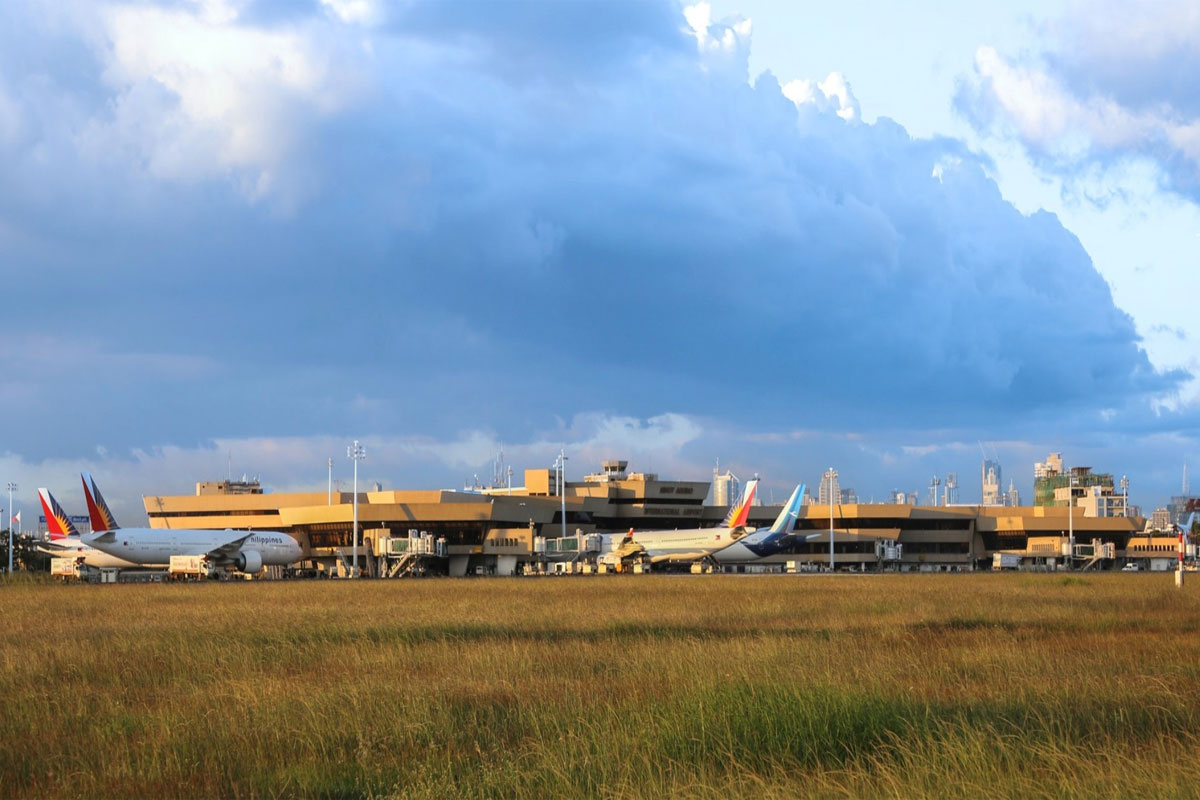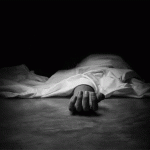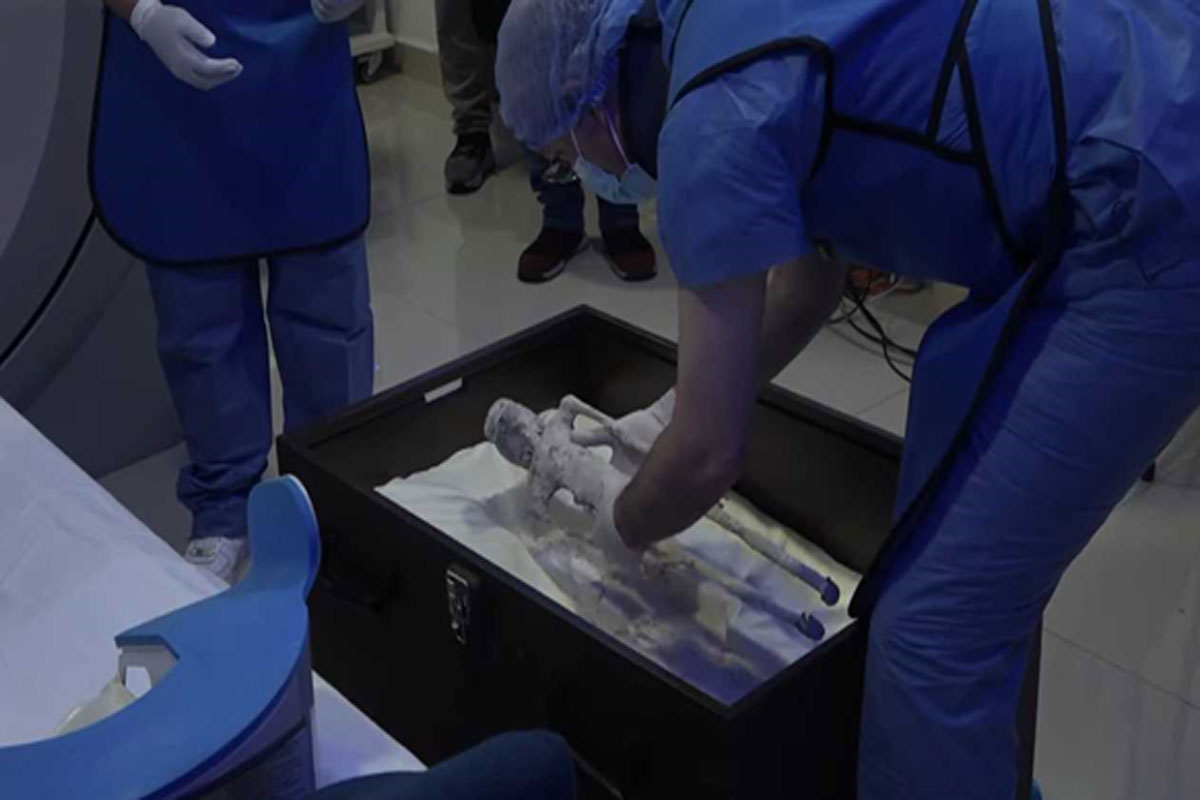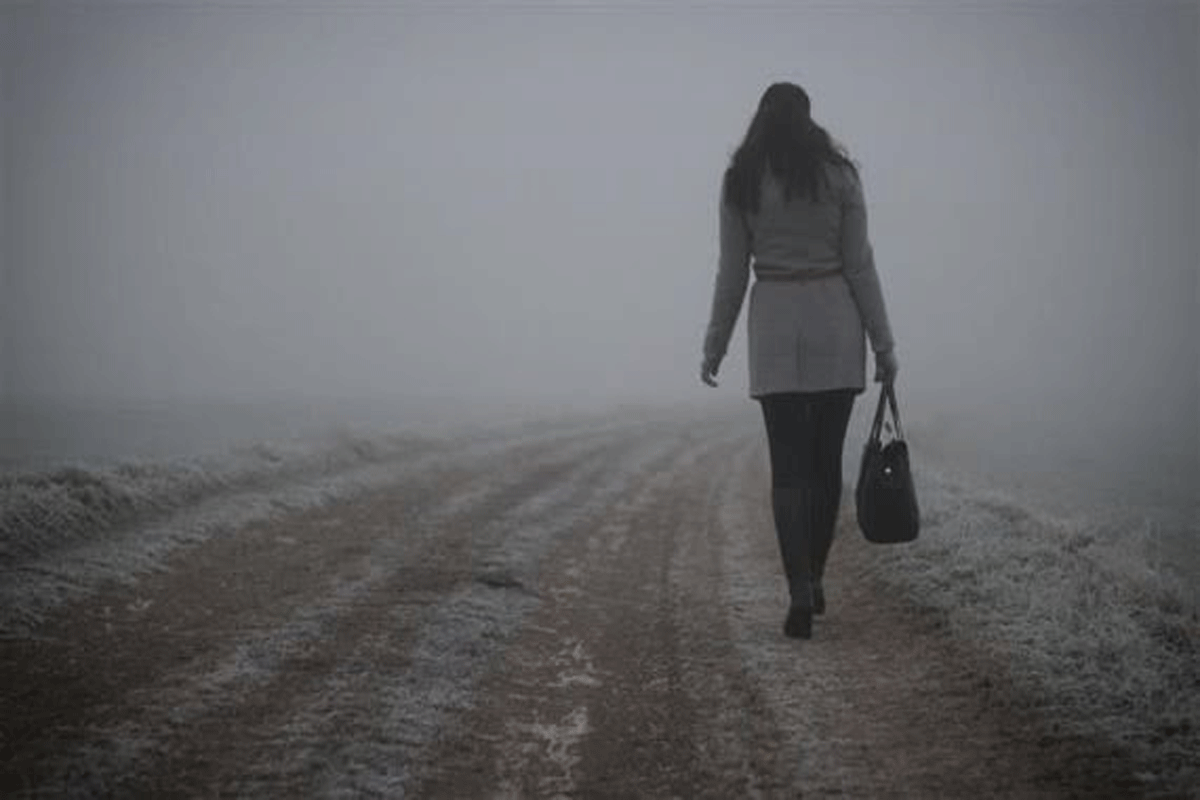
The weird disappearance of Barbara Newhall Follett
Brent Swancer
THROUGHOUT history there have been mysterious vanishings of people who in their time were famous or well-known to some degree. In many of these cases, these people have gone off to disappear without a trace and leave behind masterpieces or unfinished work we will never get to see, further casting their vanishings into the realm of the weird. One such strange vanishing is that of a child prodigy and budding accomplished author, who could have changed the entire landscape of literature if she didn’t just one day step off the face of the earth to never be found or heard from again.
Born in 1914 in Hanover, New Hampshire, Barbara Newhall Follett was born into a literary legacy. Her father was the literary editor, critic and university lecturer Wilson Folett, and her mother was the notable children’s writer Helen Thomas Follett, so she was surrounded from a young age by the world of literature. As a child she was very eccentric, home-schooled and spending much of her time outdoors in nature, writing, elaborately acting out her stories with imaginary friends, or creating her own language, which she called “Farksoo,” which was the language of her own imaginary world that she called Farksolia. By the age of 4 she was writing poetry and short stories, and in 1927 she published her first full novel, The House Without Windows, at the age of just 12. The novel, which she had actually started writing at 8 years old and had rewritten from memory when the original manuscript had been lost in a fire, was released to critical acclaim, bringing her a celebrity status and a reputation as a child prodigy.
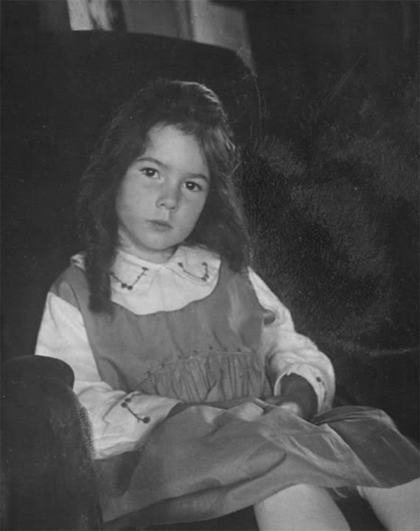 Barbara Newhall Follett
Barbara Newhall Follett
Before long, Barbara was the talk of the town, appearing on magazine covers and radio shows, and asked to review other books. In the meantime, she kept writing, releasing her next novel The Voyage of the Norman D. in 1928, which was also met with wide acclaim and marked her as a literary force to be reckoned with, despite her very young age. Unfortunately, in that same year she lost a bit of her spark when her father, with whom she was very close, left her mother for another woman, also leaving a hole in her life and perhaps her soul. The absence of her father in her life stripped Barbara of her will to write, indeed he had in many ways been her muse, and her output withered away, the peak of her career already reached at age 14 and teetering into a downhill descent. It did not help that her days spent locked away in her room clattering away on her typewriter had been at the sacrifice of making any real friends with other kids, or of having a normal childhood in any sense, so she had no real support system except her mother. Her life had been consumed by writing; it was all she had. Without her writing, she began to spiral ever more into depression, with her once writing of this dark, depressing time:
My dreams are going through their death flurries. I thought they were all safely buried, but sometimes they stir in their grave, making my heartstrings twinge. I mean no particular dream, you understand, but the whole radiant flock of them together—with their rainbow wings, iridescent, bright, soaring, glorious, sublime. They are dying before the steel javelins and arrows of a world of Time and Money.
When she was 16, Barbara moved to New York with her mother, and life was pretty hard. It was during the Great Depression, and her father did little to provide them with any financial support, in fact merely a ghost. She got a job as a secretary, and although she continued to write to some degree, the spark just wasn’t there anymore, and she was not able to get anything published. She would not find any real happiness until 1931, when she met a man named Nickerson Rogers, who shared her love of the outdoors and who she would later marry. For a time, she was the happiest she had been in a long time, the two of them venturing off on backpacking excursions all over Europe and walking the Appalachian Trail from Katahdin to the Massachusetts border, before finally settling down in 1934 in Brookline, Massachusetts. During these few fleeting years of happiness, Barbara found herself able to write again, finishing her third and fourth books—Lost Island and a travelogue on the Appalachian Trail called Travels Without a Donkey, although she never did regain her former glory. Nevertheless, she felt reinvigorated, but this was not meant to last. Her marriage slowly began to deteriorate, and she also started to suspect that Rogers was cheating on her. As her marriage further disintegrated, she stopped writing altogether. Then, on the evening of December 7, 1939, when she was just 25 years old, her and Rogers had an argument and she walked out of the apartment they shared to go on walking right off the face of the earth.
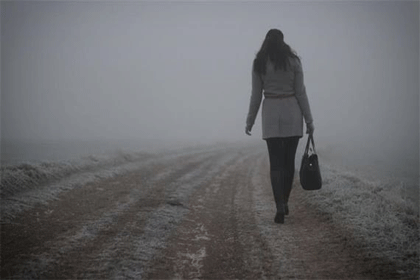 At the time she had taken nothing with her but her notebook, she had little cash on her, and it was expected that she would come crawling back after she had calmed down, but she never did. Rather oddly, it would not be until 2 weeks later that Rogers would eventually call the police, which he claimed was because he had been patiently waiting for her to return. It would also not be until 4 months after her disappearance that he would finally request a missing person bulletin be put out, and even then, he used Barbara’s married name of “Rogers,” a name most people were not familiar with and which allowed her vanishing to sort of slip under the radar. If people had been aware that this was the child prodigy and literary wunderkind Barbara Newhall Follett, there might have been more of a response, but as it was the bulletin was released to a fizzle.
At the time she had taken nothing with her but her notebook, she had little cash on her, and it was expected that she would come crawling back after she had calmed down, but she never did. Rather oddly, it would not be until 2 weeks later that Rogers would eventually call the police, which he claimed was because he had been patiently waiting for her to return. It would also not be until 4 months after her disappearance that he would finally request a missing person bulletin be put out, and even then, he used Barbara’s married name of “Rogers,” a name most people were not familiar with and which allowed her vanishing to sort of slip under the radar. If people had been aware that this was the child prodigy and literary wunderkind Barbara Newhall Follett, there might have been more of a response, but as it was the bulletin was released to a fizzle.
Indeed, it would not be until 1966 that the press would pick up on it and really bring the vanishing to the public eye, but by that time Barbara was long gone, having been missing for two decades. In all of that time no leads or clues had come in, and her family did what they could to find her, with even her estranged father writing an article in The Atlantic imploring her to come home, but she never did. Barbara’s mother at one point began to suspect that Rogers had had something to do with it, in 1952 writing to him:
All of this silence on your part looks as if you had something to hide concerning Barbara’s disappearance. You cannot believe that I shall sit idle during my last few years and not make whatever effort I can to find out whether Bar is alive or dead, whether, perhaps, she is in some institution suffering from amnesia or nervous breakdown.
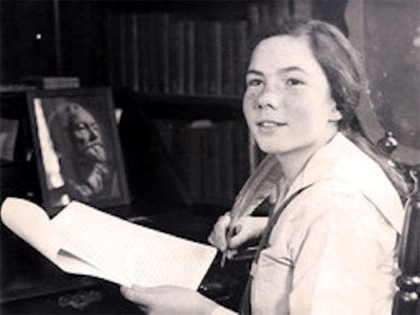 Barbara Newhall Follett
Barbara Newhall Follett
However, Rogers was never pursued as a person of interest in the disappearance, with no foul play ever suspected. It was mostly assumed that she had simply given up her life and gone off to start anew, shucking off her old identity and former fame to begin life fresh. However, if this was the case, then why had she left with nothing but a notebook and the clothes on her back? There are hints in her earlier work that show she was in a way enamored with the idea of disappearing, so maybe it was a romantic notion for her and she had finally decided to go through with it. For instance, she eerily wrote in her novel The House Without Windows:
She would be invisible forever to all mortals, save those few who have minds to believe, eyes to see. To these she is ever present, the spirit of Nature—a sprite of the meadow, a naiad of lakes, a nymph of the woods.
Did Barbara Follett ultimately decide to become that nymph in the woods, leaving behind everything and all of her potential to disappear? If so, what became of her and where did she go? No one has any answers, no clue has ever been found, nor has any body. She has just evaporated into thin air at a young age, robbing the world of who knows how many more literary masterpieces in the process. We will probably never know exactly what happened to her, and it remains a strange disappearance likely to never be solved.
Mysterious Universe




